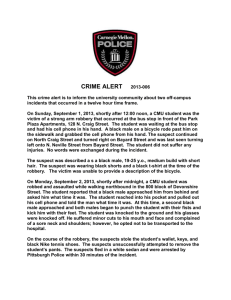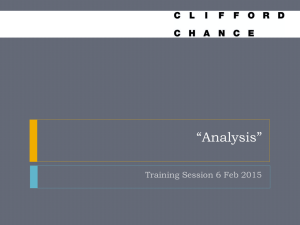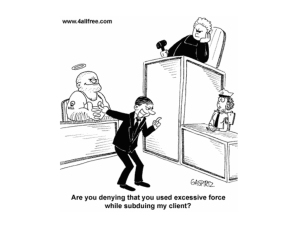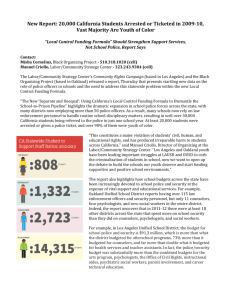MISSIING CHILD/STUDENT - St Elizabeth`s Centre
advertisement
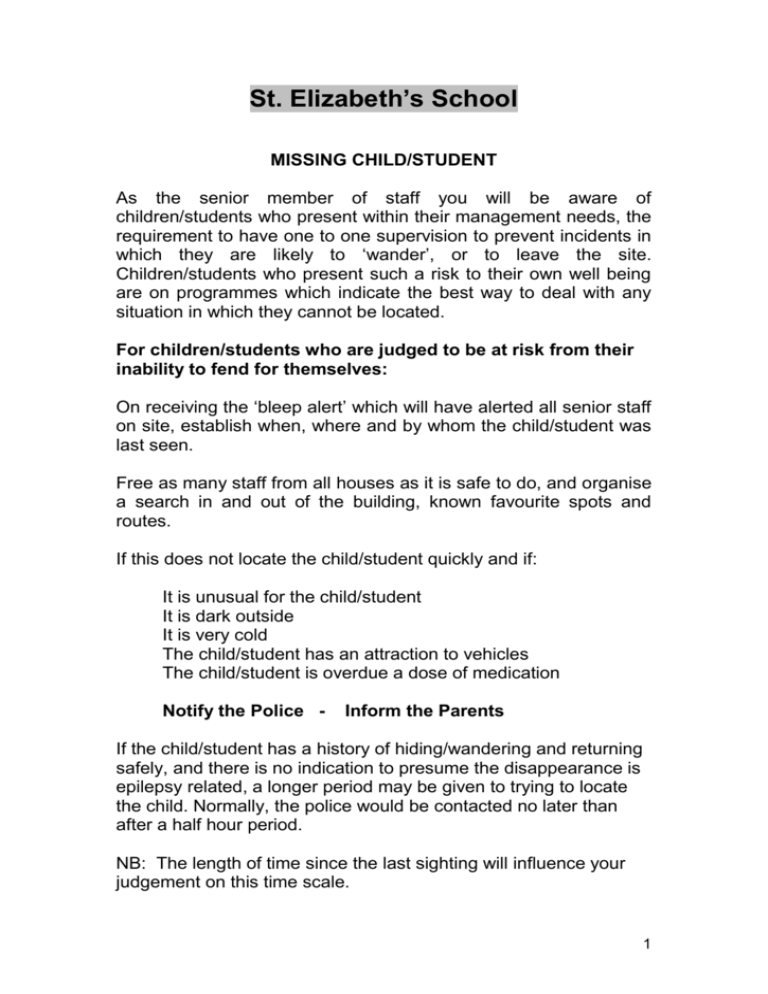
St. Elizabeth’s School MISSING CHILD/STUDENT As the senior member of staff you will be aware of children/students who present within their management needs, the requirement to have one to one supervision to prevent incidents in which they are likely to ‘wander’, or to leave the site. Children/students who present such a risk to their own well being are on programmes which indicate the best way to deal with any situation in which they cannot be located. For children/students who are judged to be at risk from their inability to fend for themselves: On receiving the ‘bleep alert’ which will have alerted all senior staff on site, establish when, where and by whom the child/student was last seen. Free as many staff from all houses as it is safe to do, and organise a search in and out of the building, known favourite spots and routes. If this does not locate the child/student quickly and if: It is unusual for the child/student It is dark outside It is very cold The child/student has an attraction to vehicles The child/student is overdue a dose of medication Notify the Police - Inform the Parents If the child/student has a history of hiding/wandering and returning safely, and there is no indication to presume the disappearance is epilepsy related, a longer period may be given to trying to locate the child. Normally, the police would be contacted no later than after a half hour period. NB: The length of time since the last sighting will influence your judgement on this time scale. 1 Once the child/student has been returned to school: Recontact the police if they have not arrived Alert the police search party Inform the parents Make sure that all is well with the child/student Ask the nurse on duty to check the child/student Write up a report of the incident Children who are more able: As soon as the bleep alert is given, organise a group of staff to search the site inside and outside. Meanwhile ascertain: By whom, where and when they were last seen If there are any reasons for the child/student to be upset If they have had any recent seizure activity and when they are due medication Has the child/student done or threatened similar in the past and with what results If more than one child/student is involved How much cash they have available to them Details of what they were wearing Any known contacts in the area they may go to The answers to the above will help you to plan the course of action. 2 In any instance the Police must be informed before the hour is out. In most cases the Police will be involved long before this. As soon as the police have been informed the parents must be notified. Once the child/student has been returned to school: Recontact the police if they have not arrived Alert the police search party Inform the parents Make sure that all is well with the child/student Write up a report of the incident Returning to School / Moving Forward If a child / student has left the site and has been located by the police or a member of the public, 2 staff ( one being a senior member of staff) will immediately go to collect the child and bring them back to school. The child / student will need to be de-briefed at a time and a level that is appropriate to their level of need and understanding. It may be useful to ask the Speech and Language therapist to help. Remember – the time frame for this depends on the emotional state and the ability of the child. If a child has been missing and has left the site, their individual risk assessment needs to be reviewed by the multi disciplinary team in order to prevent a similar occurrence. Parents and Placing authorities need to be consulted and in agreement with the risk assessment. It may be necessary to discuss future plans with the local police so that everyone is working towards the same protocol and they are aware of a known risk. 3 Notification When a child / student has been missing and the police have been called to assist the school, the following agencies should be notified: Placing Authority OfSTED DCSF This is the responsibility of the leadership team. 4





